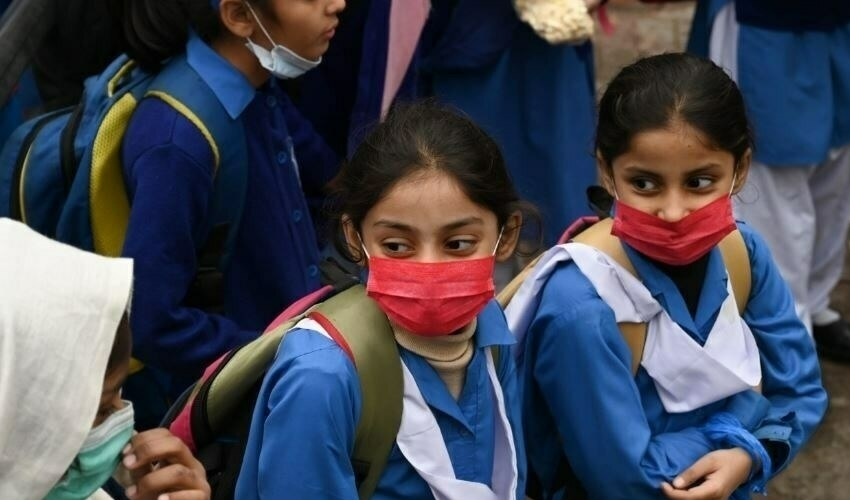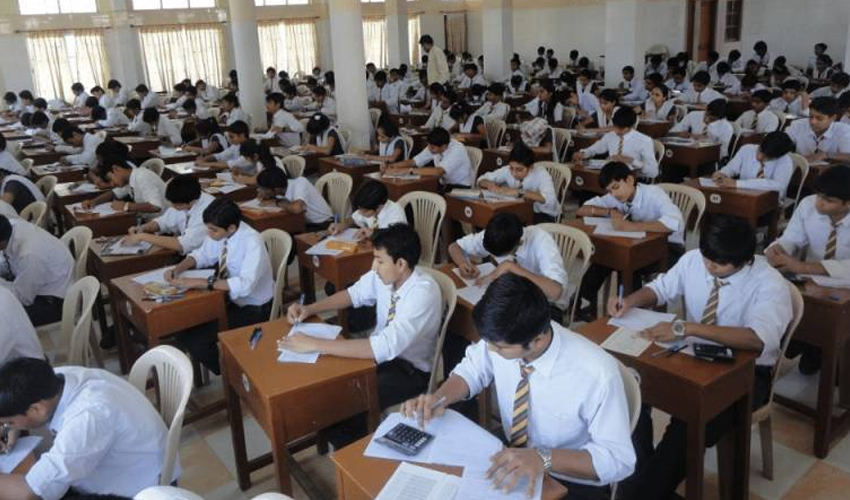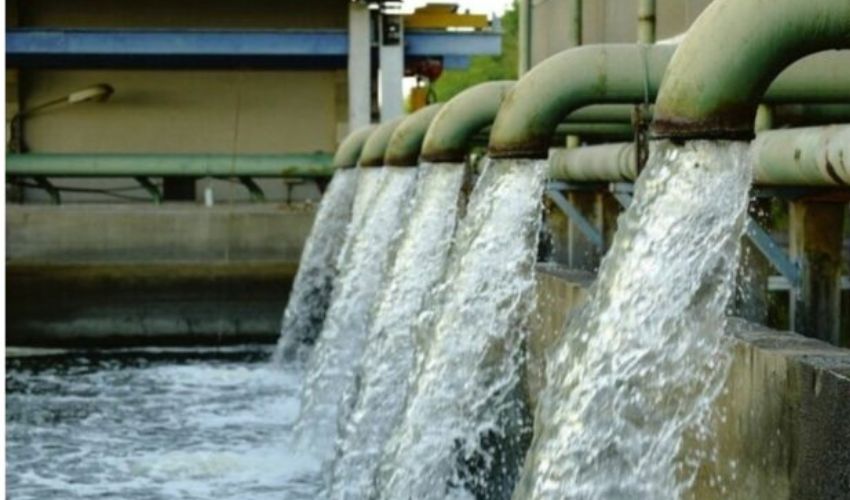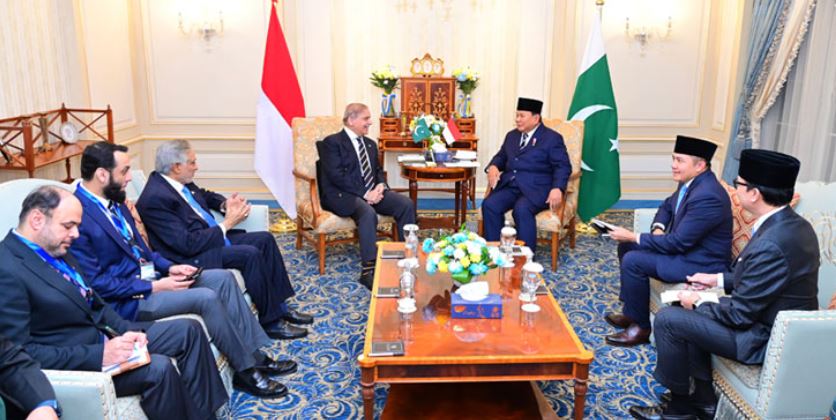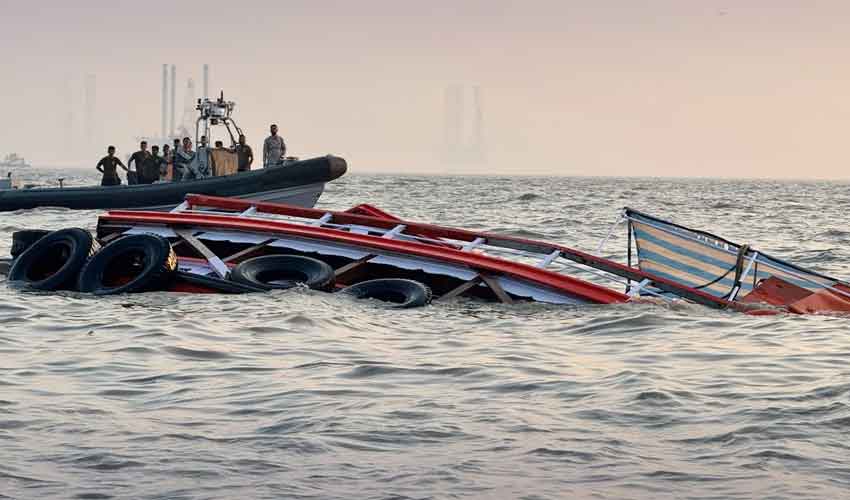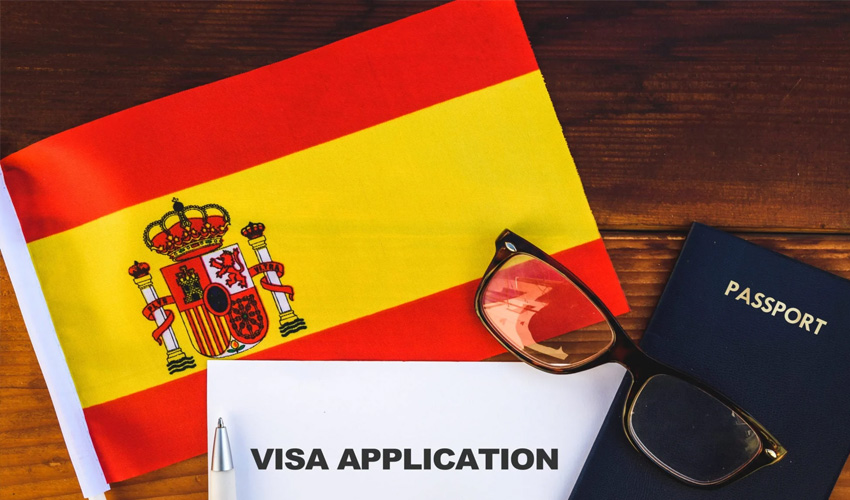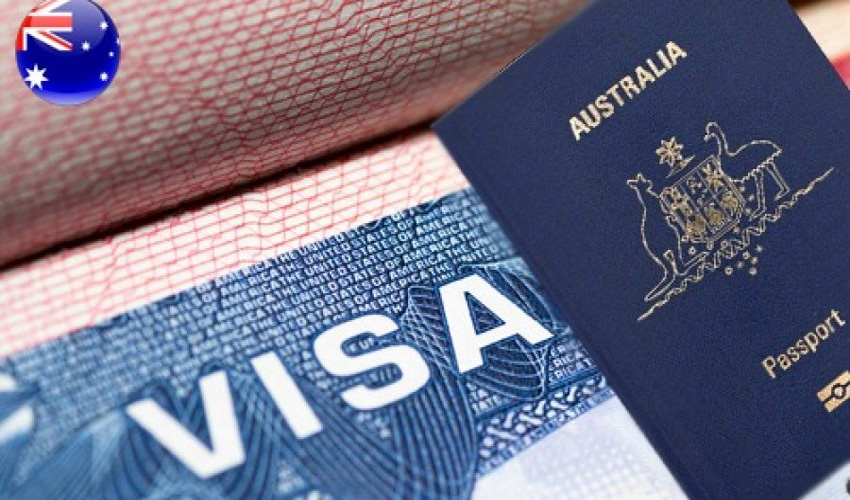The Canadian province of British Columbia has taken a significant step by announcing a two-year suspension on the approval of new colleges admitting international students until February 2026. This decision aims to address concerns regarding the quality of post-secondary education and protect international students from exploitation by questionable institutions.
British Columbia hosts a considerable number of Indian students, enrolled in prestigious institutions such as the University of British Columbia, Simon Fraser University, and the University of Victoria. However, recent measures by the provincial government indicate a shift towards stricter regulations in the education sector.
The province plans to introduce minimum language score requirements at private educational institutions and raise standards for labor market prerequisites and degrees. These changes underscore the government's commitment to enhancing educational standards and safeguarding the interests of international students.
The decision aligns with broader federal initiatives aimed at managing the influx of international students in Canada. The Trudeau government has announced a two-year ban on new international student permits, targeting a reduction of enrollments by 35% to address housing shortages exacerbated by population growth.
Despite Canada's goal of admitting 500,000 permanent residents and 900,000 foreign students in 2023 to drive economic growth, challenges have emerged. The country faces a housing shortfall of 345,000 units, prompting concerns about the sustainability of current immigration policies.
Moreover, diplomatic tensions between Canada and India have contributed to a decline in study permits issued to Indian students, highlighting the complexities of international relations and their impact on education policies.
As Canada navigates these challenges, policymakers face the formidable task of balancing economic objectives with the need to maintain high educational standards and address housing shortages. The decisions made in British Columbia and at the federal level will shape the landscape of international education and immigration in the coming years.







